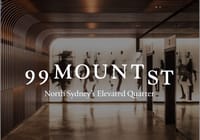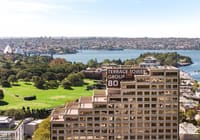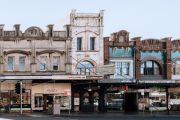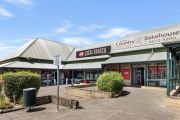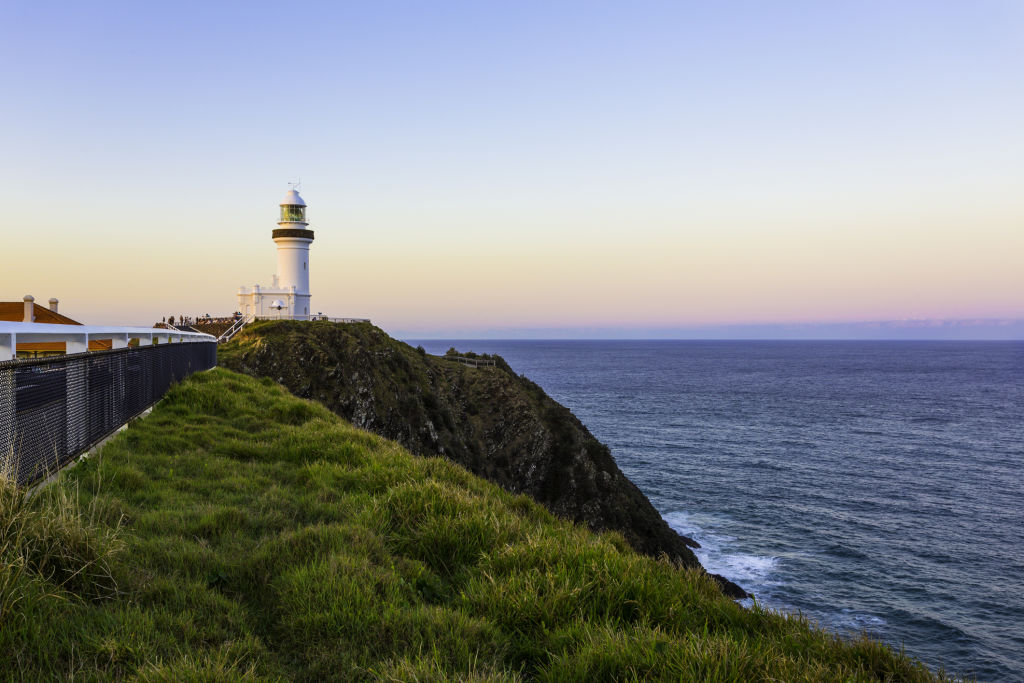
'Record visitors': The tourism hotspots benefitting most from border closures
An influx of Aussies “holidaying in their own backyard” has delivered a bumper summer season for many businesses in tourist hotspots while others have struggled to recover from the loss of international travellers and unexpected state border closures.
The health of the tourism industry across the eastern seaboard is divided, amid concerns that eleventh-hour border restrictions have contributed to a “national fear of travel”.
Among those reporting a boom in business is Byron Shire, a thriving tourist mecca in recent months.
“Without a doubt, we are seeing record visitors and revenue in the visitor economy and that will likely continue through to April,” said David Jones, vice president of Destination Byron.
Mr Jones, who is also the sales and marketing manager at luxury resort Elements of Byron, said there was an “availability crisis” in the town over Christmas, and accommodation providers had been the biggest benefactors.
Domestic tourists, many from Sydney, make up the vast majority of Byron Bay’s visitor economy, with international travellers only accounting for 20 per cent. And of those, the majority are long-term backpackers on a budget, Mr Jones said.
“So when international borders closed, it didn’t affect Byron much except we lost workers,” he said.
Even state border restrictions had worked in the town’s favour.
“We were as far north as you can go when the Queensland border closed,” Mr Jones said.
And, unlike many regions encouraging locals to holiday in their own backyard, Byron Bay didn’t spend money on campaigns to attract visitors.
“Byron has never marketed itself as a destination,” Mr Jones said, adding it already had a reputation as being the “bohemian and wellness capital of Australia”.
As well as boutique and short-stay accommodation, caravan parks along the east coast have also had a busy summer.
Broken Head Holiday Park manager Shane Ridgewell said business was only down about 10 per cent compared to the previous year, attributing that to strong demand among repeat customers.
“We’ve got people here who have been coming for 50 years,” he said.
The Victoria/NSW border closure over the New Year period had led to some booking cancellations. “In saying that, we had people on waiting lists ready to take the spots,” Mr Ridgewell said.
But it’s not all positive news for those in the holiday sector.
Queensland Tourism Industry Council chief executive Daniel Gschwind said a “multi-speed economy” was at play.
“We have anecdotal reports from some boutique accommodation providers in the south-east that are reporting better business conditions than they have ever seen,” Mr Gschwind said.
“On the other end of the spectrum, we have some operators reporting ongoing catastrophic conditions, particularly businesses that are heavily focused on international tourism like Great Barrier Reef operators and other accommodation providers in North Queensland who used to enjoy strong business from Asia and Europe.”
Far North Queensland had also been impacted by the threat of tropical cyclones, throwing many ocean-based activities and tours into disarray.
Changing border restrictions and lockdowns had not only affected immediate business activity but would have an ongoing impact on interstate travel.
“Perhaps more disturbingly it contributed to this national fear of travel, fear of making a booking; consumers just giving up, thinking it’s too hard to plan and get excited for a family trip then at the last minute, you’re thwarted and have to return home,” Mr Gschwind said
And with no promises that Australia will open its borders to international travel in 2021, it could be dire straits for some in the tourism sector.
Mr Gschwind said JobKeeper had been a lifeline for many businesses reliant on overseas travellers.
“When that comes to an end [in March], it will reveal the full extent of the pain that is in the industry at the moment,” he said.
Kim Logan, owner of Noosa River and Canal Cruises, said Noosa Heads felt as busy as other summer periods, with crowds along the foreshore and heavy traffic, but she had noticed the demographic of tourists had changed.
She counts herself very fortunate that visitors from South Australia, Victoria and New South Wales – as well as many from Brisbane – had offset any losses her business had incurred from the lack of foreign visitors.
But Ms Logan said she knew how quickly things could go “pear-shaped”.
“I don’t think for a second that we can’t go backwards,” she said. “Even when I’m taking forward bookings, about 50 per cent of people ask what is the cancellation policy if COVID-related.”



